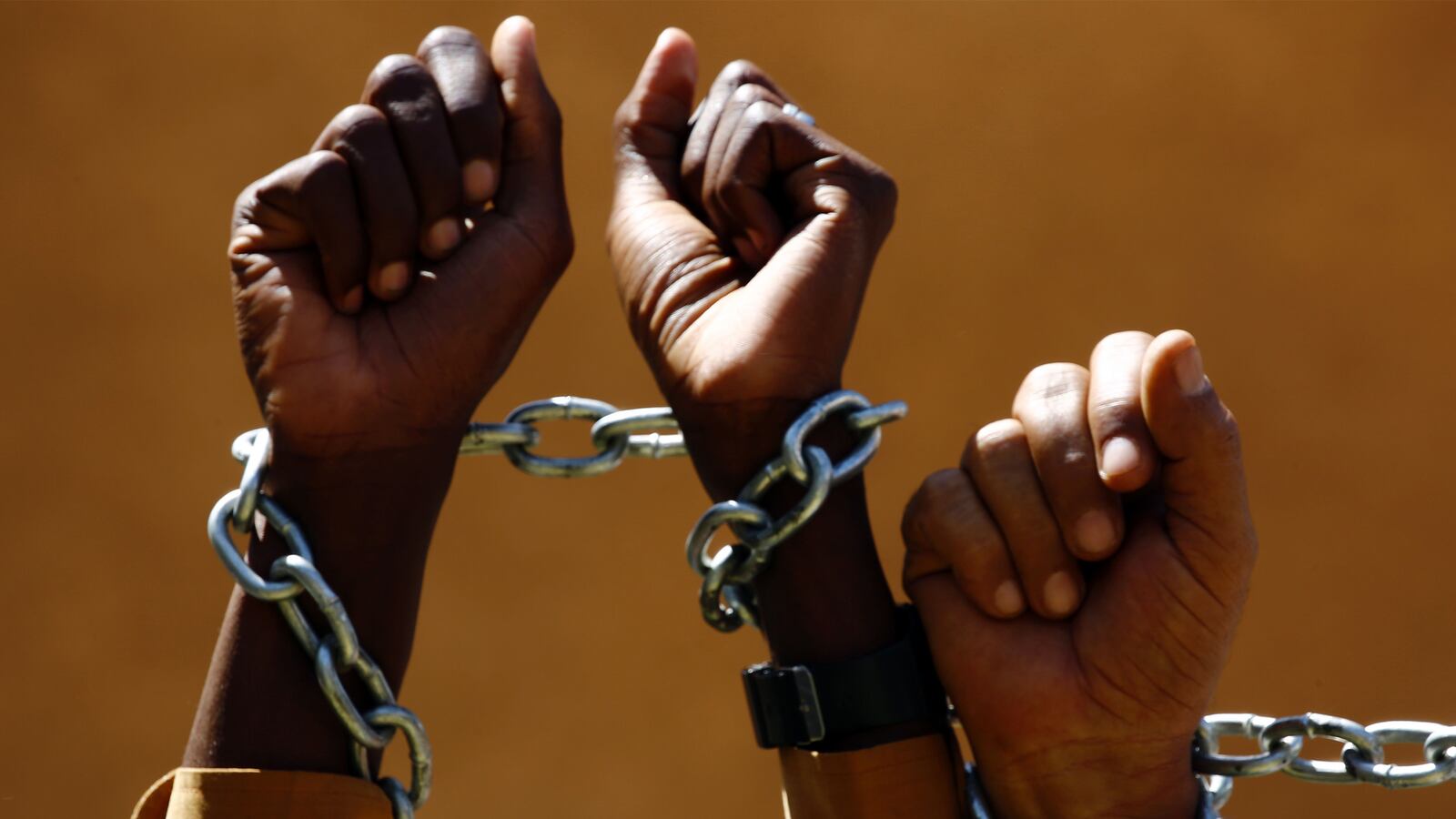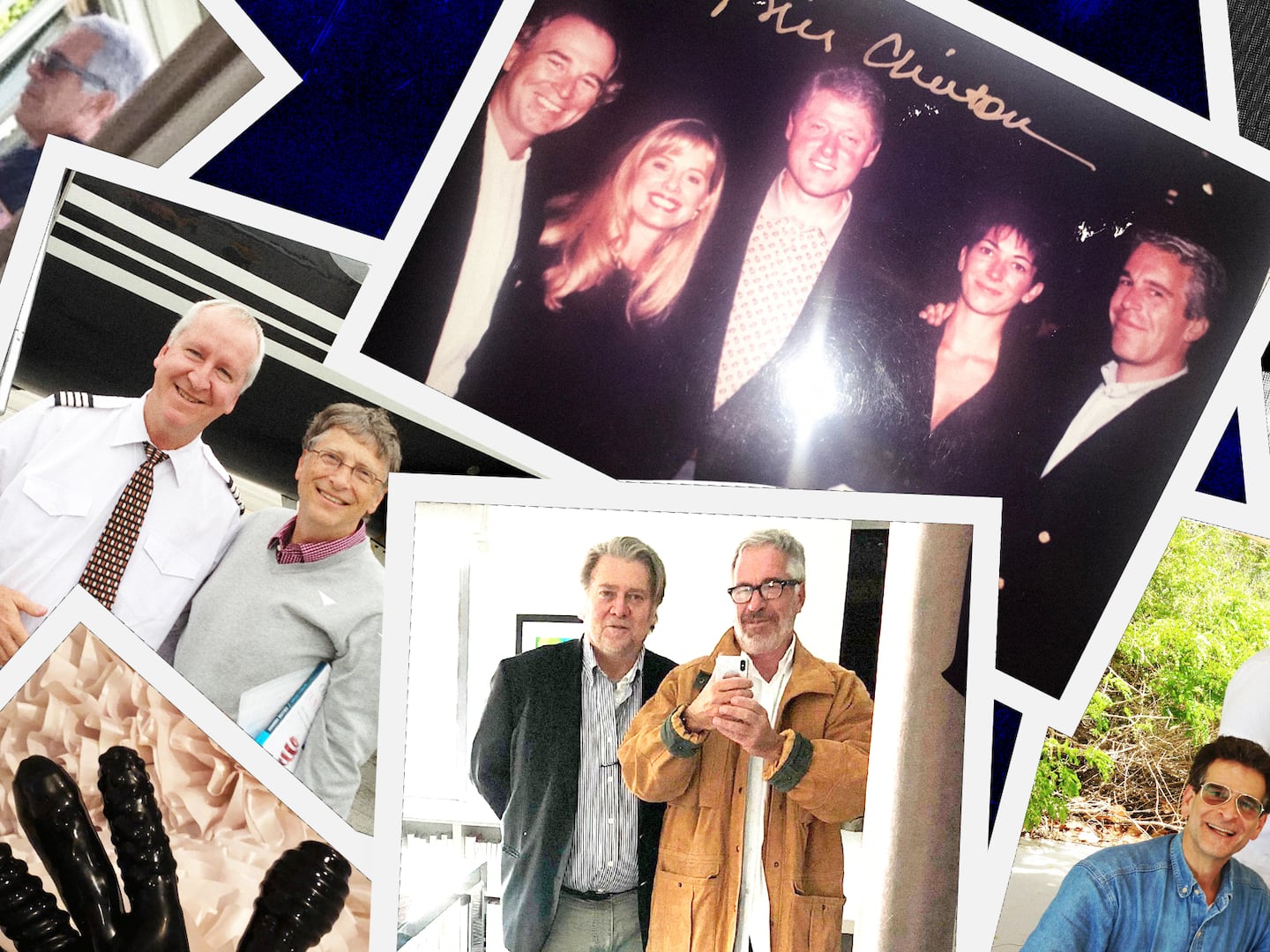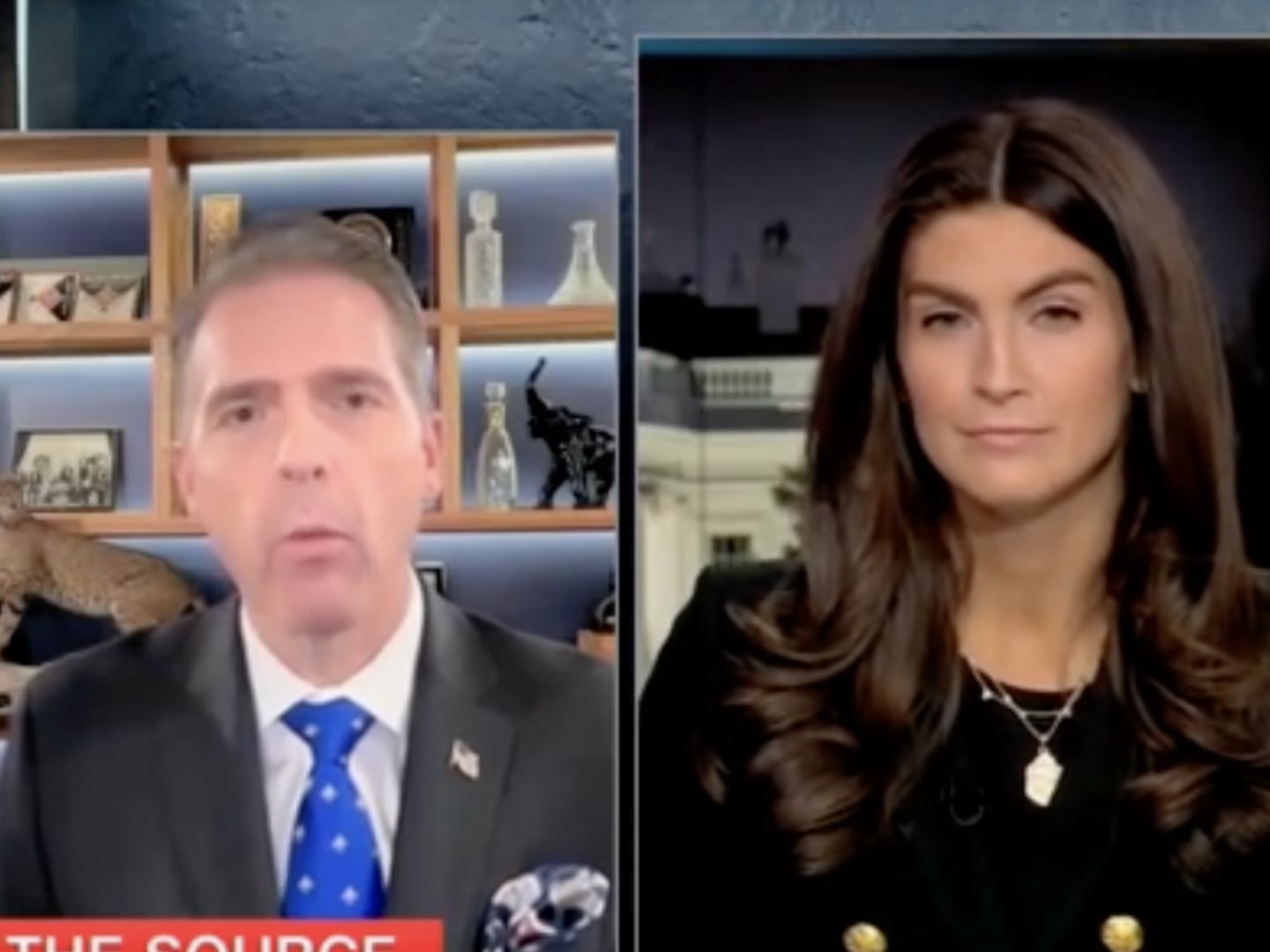Safiya Ishaq was 24 years old when she was grabbed off the streets of Sudan’s capital by two plainclothes security agents, taken to the National Intelligence and Security Services (NISS) offices, beaten, interrogated, and raped.
“They threw me on the ground and were beating me, and kicking me with their boots,” she said, recounting the incident in a recent Human Rights Watch report. “They accused me of distributing fliers … and insulted me, saying I am a communist and an indecent girl.
“When I woke up I found two men holding my legs, and the other one raping me,” she continued. “Three of them took turns, and raped me. I was in a lot of pain. My hands were tied with my headscarf.”
Ishaq is an artist, and an active member of Girifna, a youth movement that participated in the anti-government protests, which gripped Khartoum during the time of the Arab Spring uprisings in 2011. However after being targeted by security forces—and violently sexually assaulted only two weeks after the January protests—Ishaq was forced to leave Sudan two months later.
She is one of several female activists and Sudanese human-rights defenders to share her story in a recent Human Rights Watch report titled “‘Good Girls Don’t Protest’— Repression and Abuse of Women Human-Rights Defenders, Activists and Protesters in Sudan.”
“While this is a report about the conflicts in Sudan, it is meant to focus on the unique ways that the conflict affects women,” Jehanne Henry, a Senior Researcher in the Africa Division of Human Rights Watch and the author of the report, told The Daily Beast.
“There are all kinds of ways that gender can be used as a tool, or a weapon, against women,” she continues. “They are using it as a way to silence them—threatening to rape them repeatedly, and harm their reputations.”
Many of the practices highlighted in the report began in 1989, when the National Islamic Front—later renamed the National Congress Party (NCP)—gained power in Sudan through a military coup. Led by Omar al-Bashir, the government espoused an Islamist ideology with a strict interpretation of sharia law that, in addition to normalizing punishments such as public floggings, also aimed to crackdown on any institution deemed un-Islamic or anti-government. In Sudan, that came to include trade unions, opposition parties, and political activism or protests of any kind.
To this day, Omar al Bashir is the only president to be indicted by the International Criminal Court (ICC) for his role in the violent actions of the Sudanese government in Darfur.
One of the ways that the NCP government both enforces their hardline ideology and cracks down on activists is through public morality laws. Due to their loose legal definition, these laws can be interpreted to criminalize everything from adultery to physical contact with the opposite sex in public places. It makes targeting female activists and human-rights defenders easy—all a woman needs to do is forget her headscarf, wear trousers, or touch a man who is not a relative or spouse, and she can be arrested.
“These laws were made to control women, their movement, their clothes, and their work,” said Amira Osman Hamid in a video accompanying the report by Human Rights Watch.
Hamid is a human-rights activist who helped form the group “No To Women’s Oppression” after being arrested for not wearing a headscarf. She was threatened with a public flogging until an international outcry postponed her trial.
“In every rally, there are insults, beatings and humiliation,” she continues, in the video, speaking to the security forces repeated mistreatment of women.
“This is just part of our lives.”
In addition to being targeted by public morality laws, almost all of the female activists profiled in the Human Rights Watch report had either been raped or assaulted, or threatened—most often by national security agents and police. Women who are from the war-torn areas of Sudan—such as the Nuba mountains or Darfur—or those who work with internally displaced refugees, are especially vulnerable to being targeted by government agents.
“Every time they arrested me, they called me names and touched my body,” Kaka (a pseudonym), a teacher and Nubia community leader, told Human Rights Watch. She was arrested eight times between 2011 and 2012 during a crackdown on Nuba activists, and was repeatedly told not to hold any meetings or do work on the behalf of displaced communities.
During her last arrest, she was held down and raped by two police officers, and accused of working on behalf of the opposition party. The police officers who raped her repeatedly broke into her home, threatening her that if she breathed a word about the rape to anyone, they would threaten her children. She was forced to flee the country.
None of the alleged assailants of any of the women featured in the report have yet been brought to trial—part of what human-rights groups have criticized as a “culture of impunity” for the national security forces of Sudan.
“Using sexual violence and intimidation to silence women activists is part and parcel of this larger culture of impunity tactics used against any opposition—whether they are perceived opposition, because they are activists, or because they are of the wrong ethnicity in Darfur,” Henry, the author of the report, told The Daily Beast.
“Either way, it is still allowed because there is never any investigation or acknowledgement of this problem.”






